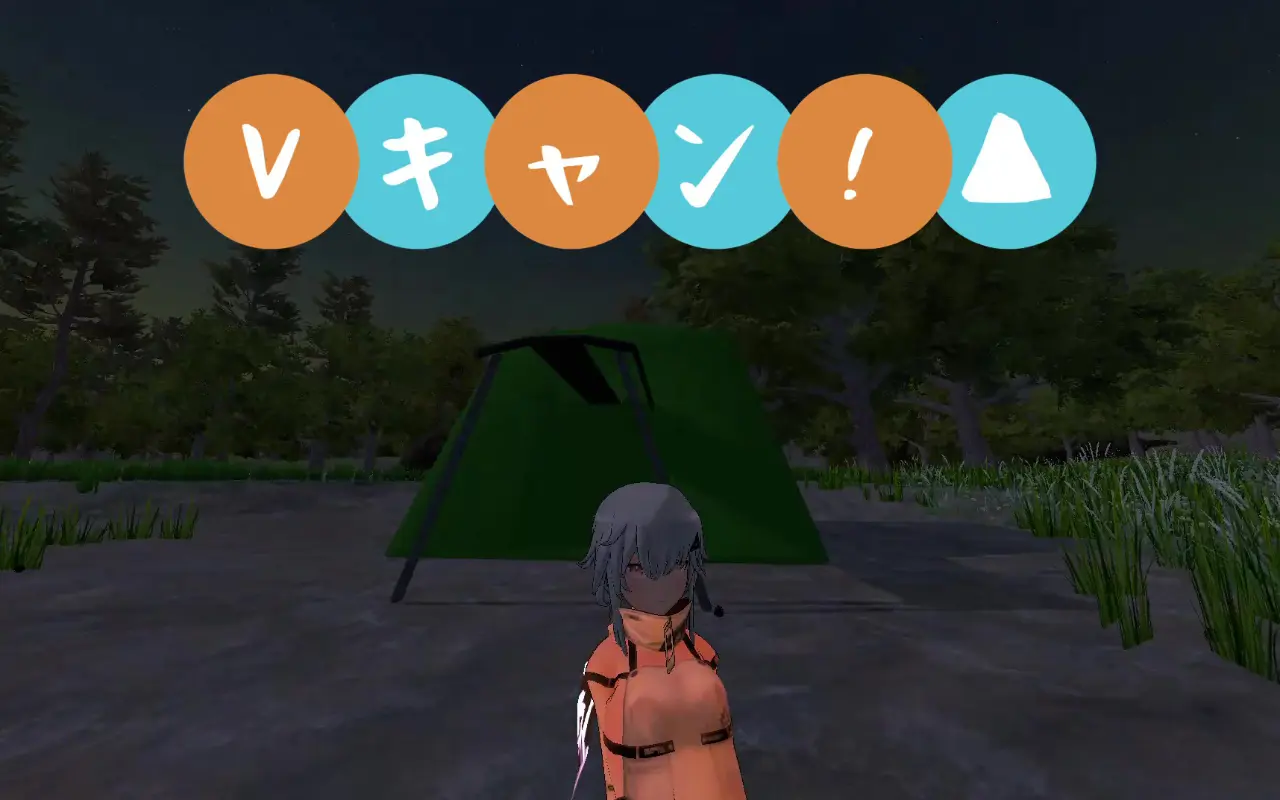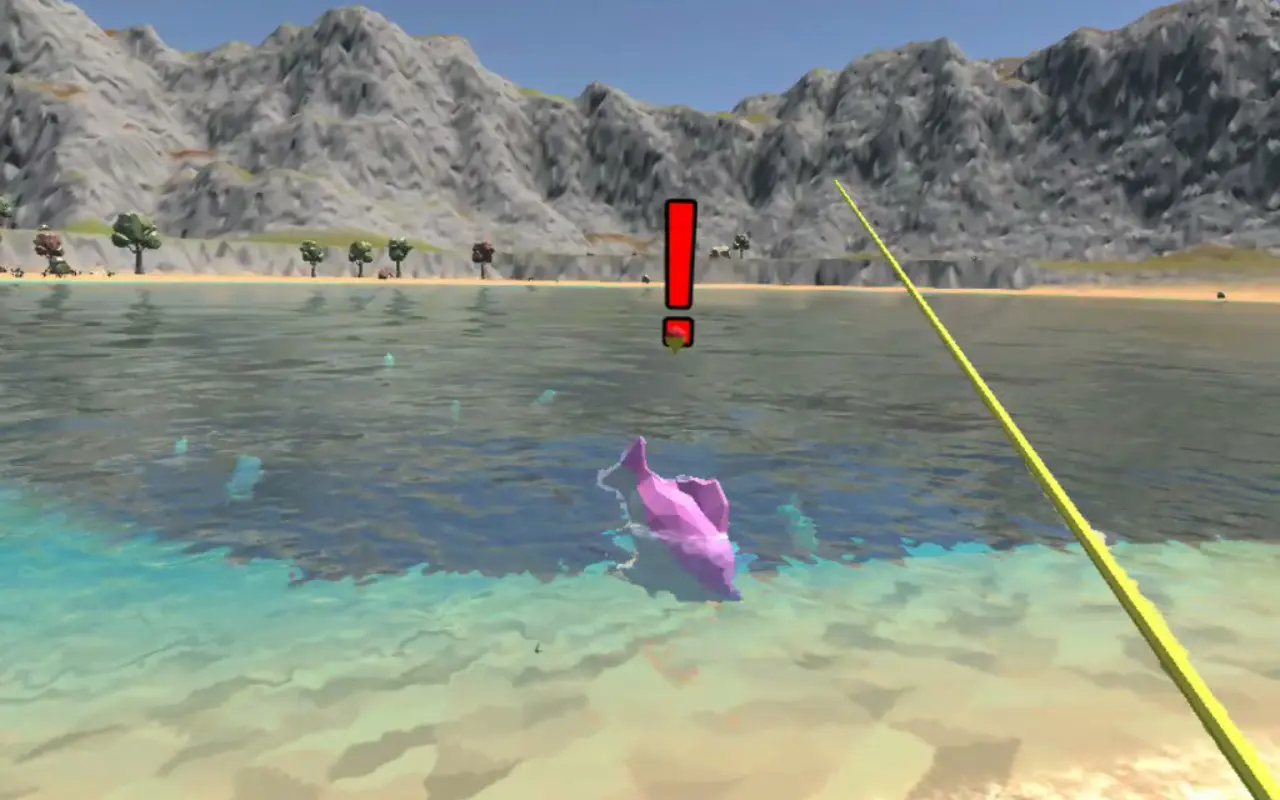| Name | Takuro Magaki |
|---|---|
| AconCavy | |
| GitHub | AconCavy |
I am good at developing games and simulators mainly using C# and Unity as an IT engineer. And, as a researcher, I had been researched that forecasting cybersickness (aka Virtual Reality sickness) using physiological data in Virtual Reality in Future University Hakodate, Japan. I am interested in algorithms, data structures, library designs, application designs, game developments, and realizing new life experiences using xR technology.
- None
- Future University Hakodate, Japan, Master of Systems Information Science (2018-2020)
- Future University Hakodate, Japan, Bachelor of Systems Information Science (2014-2018)
- Fundamental Information Technology Engineer Examination, Japan (Nov. 2016)
- Applied Information Technology Engineer Examination, Japan (June 2017)
| Programming Languages | C#, Rust, Python 3, PowerShell, Swift, C++, Javascript, SQL |
|---|---|
| Frameworks | .NET, Unity, Xamarin.Forms, ASP.NET Core, Electron, Flask, Swift UI |
| Tools | Git, GitHub, GitHub Actions, Docker, Plastic SCM |
| Environments | Windows, macOS, Linux, Visual Studio, Visual Studio Code, Rider, PyCharm, CLion |
JapanHeritageVR (2023)
JapanHeritageVR is a VR application for Meta Quest2 for task activities in research. Players learn about 19th-century Japanese history while conversing with an AI character based on the motifs of people who existed in the 19th century in a VR space. This application was developed upon request.
PCVR (2022)
PCVR is a VR application for Meta Quest2 for task activity in research. Players aim to connect PC parts while conversing with AI characters and assemble a desktop PC. This application was developed upon request.
SSAA (2021)
SSAA (Situation Specific Arousal Analyzer) is an application for calculating statistical information by specifying an interval from time-series data obtained by a wristband-type biosensor named Empatica E4. Data are processed in Python, and the GUI is built in Electron. This application was developed upon request.
ShowroomVR (2021)
ShowroomVR is a VR application for PC that presents a research portfolio in the VR space. Research posters and VR content used for research are presented as a showroom. This application was developed upon request.
Phog (2021)
Phog is a GUI app for macOS to generate photogrammetry 3D models using RealityKit Object Capture. The app work on macOS 12+ that can generate a 3D model from pictures with an input/output directory and some options.
devcontainer-texlive (2021)
devcontainer-texlive is a template repository of latex workspace to work on the vscode devcontainer. The template constructs the environment of LuaLaTeX, XeLaTex, and upLaTeX that is able to work on the Docker container.
Mulinq (2021)
Mulinq is C# LINQ extensions for collections and multidimensional arrays. A package of the library is published on NuGet. A unit testing, linting, and release of the package that have been managed by GitHub Actions in the repository of the library.
cp-template-csharp (2020)
cp-template-csharp is dotnet cli template for competitive programming using C#. The template will provide tasks and tests projects, a solver class item, and a test class item. It is blogged here (Japanese).
SnippetBuilder (2020)
SnippetBuilder is building editor's snippets files for competitive programming library etc.
algorithm-csharp (2020)
algorithm-csharp is an algorithm library for competitive programming contests. It is based on ac-library written by C#, which some additional classes.
Forty Five (2020)
Forty Five is a game that attacks from the 45 degrees to repair things was developed in the Global Game Jam 2020.
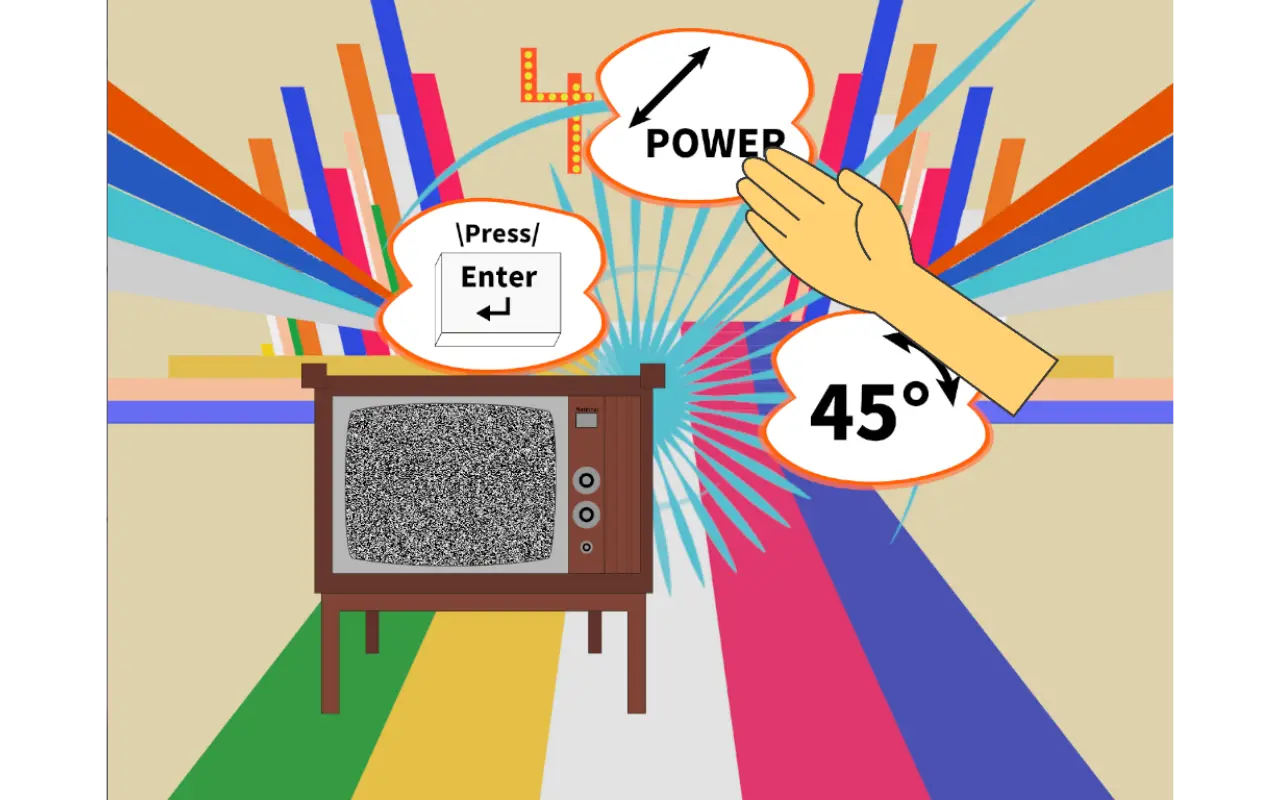
Cybatica (2019)
Cybatica is a mobile app that was developed using Xamarin.Forms in the master's research. Cybatica connects with the Empatica E4 to forecast and monitor cybersickness using physiological data (HRV and EDA) in the realtime.
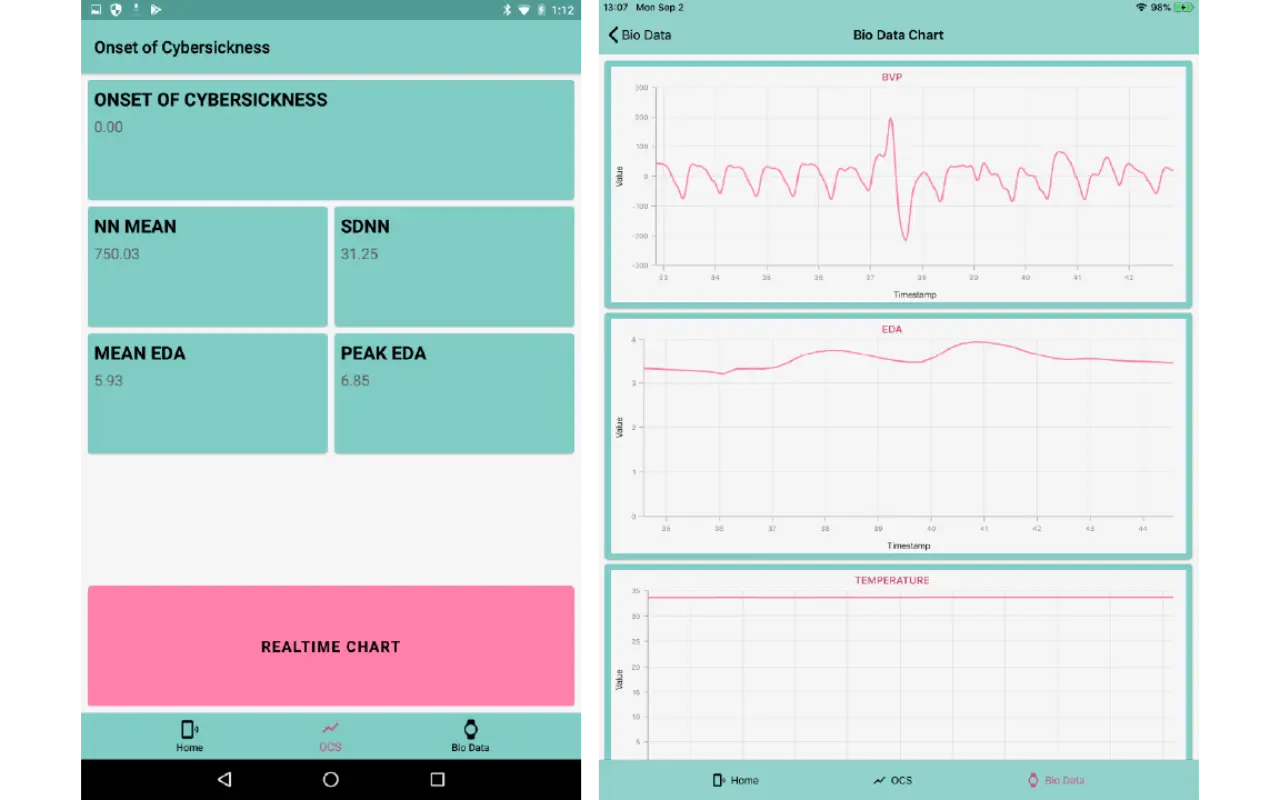
BrickChain (2019)
BrickChain is a game that connects a lot of blocks that have + or - joints within a minute, which was developed in the unity 1 week game jam.
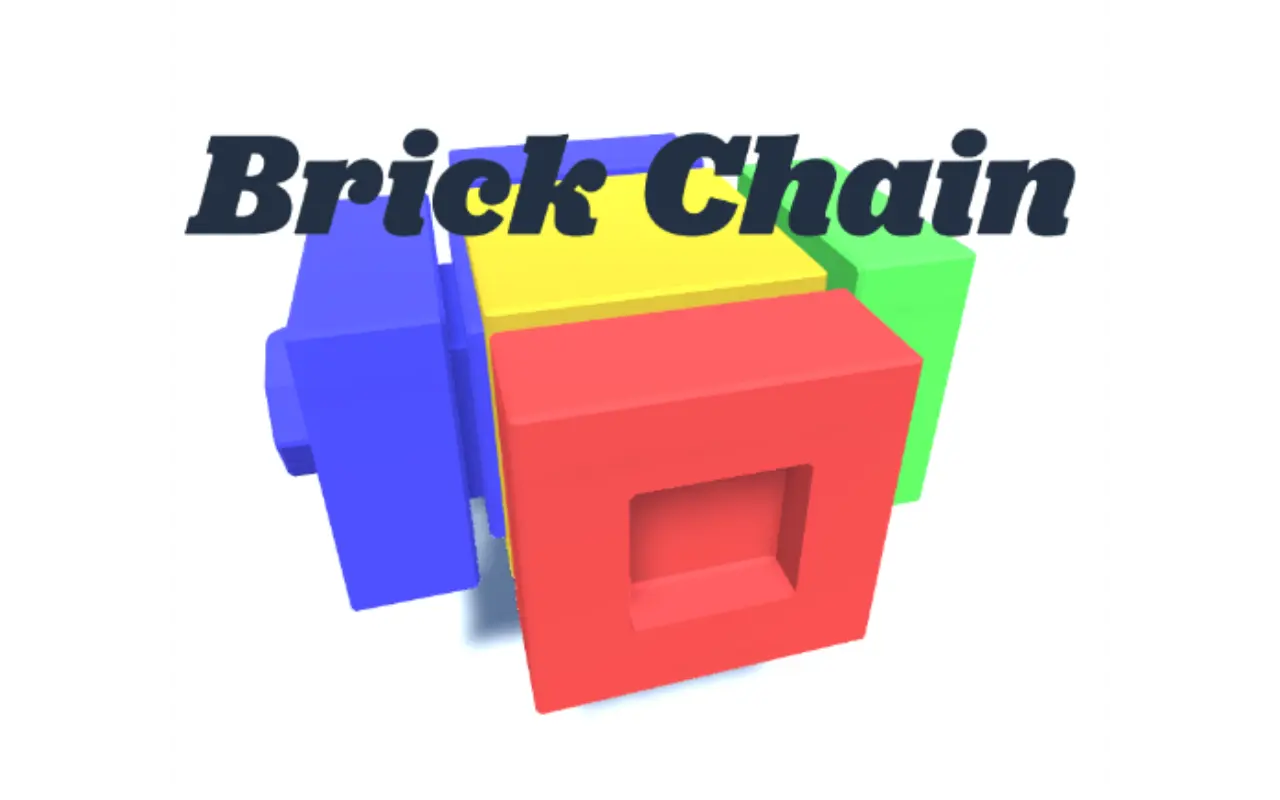
PolyWorld (2018)
PolyWorld is the 3D world that was developed and used as experimental material in the master's research experiments.
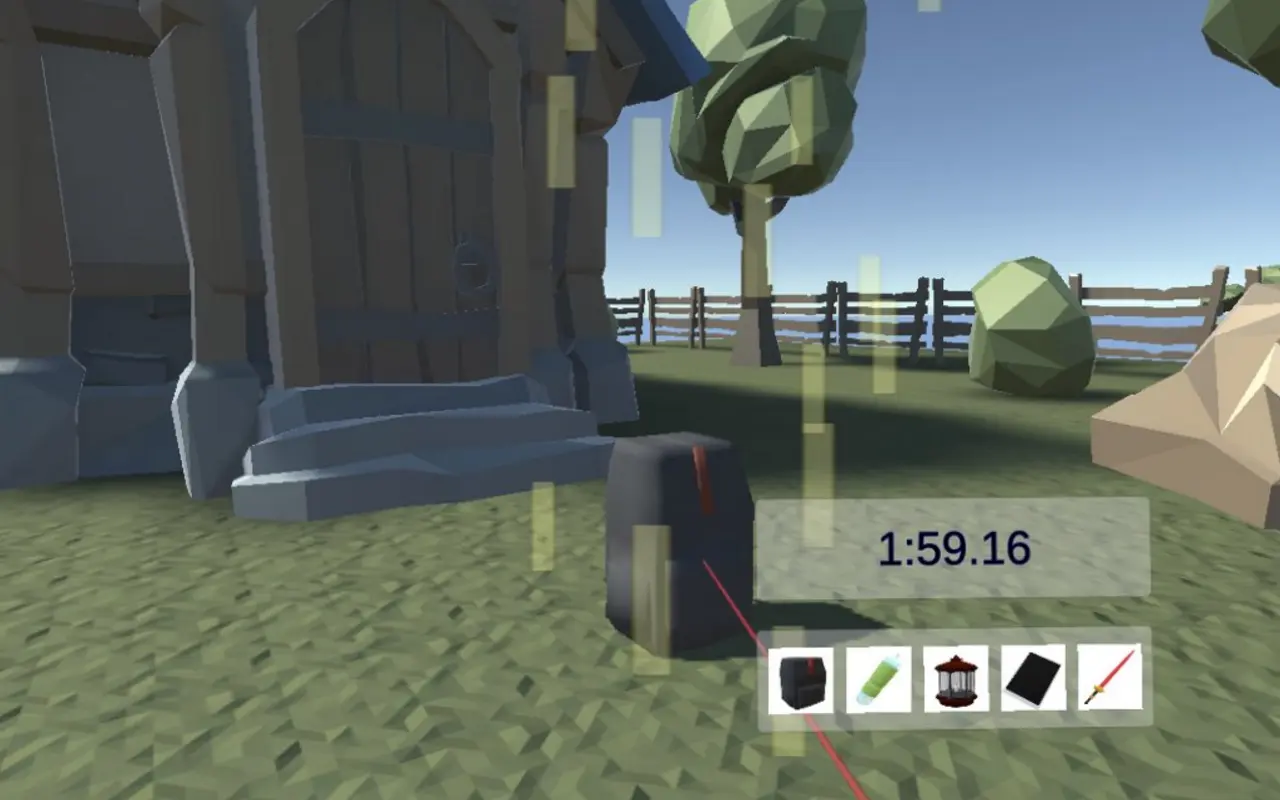
EV3-RtVLink (2017)
EV3-RtVLink is the simulator that synchronizes LEGO EV3 between real and virtual. The system was developed to support my professor's research.
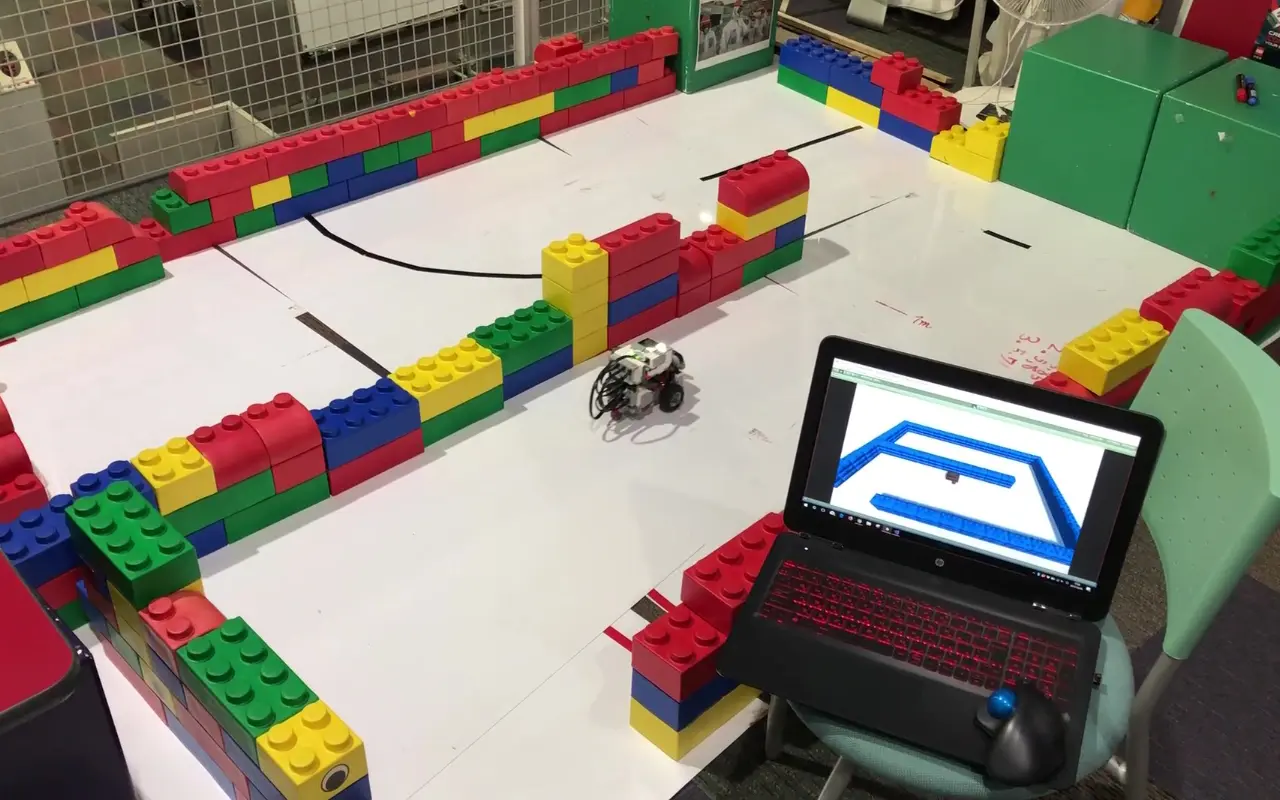
MSN Cooking (2016)
MSN Cooking is a game that cooks coffee and steaks using LeapMotion, which was developed as a class project.
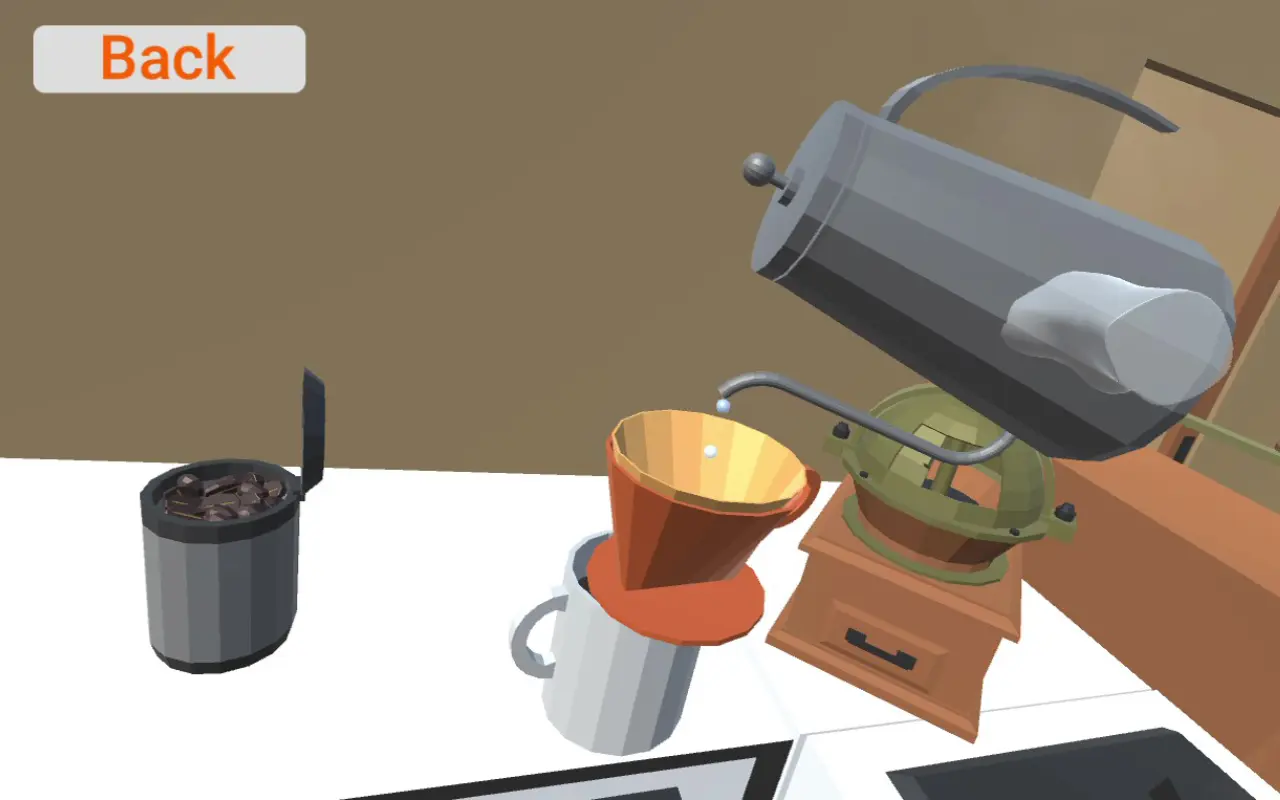
History Explorer (2016)
History Explorer is a game that learns Japanese history for elementary school students, which was developed as project-based learning. The Japanese version was tested for local students and published the English version for the international conference.
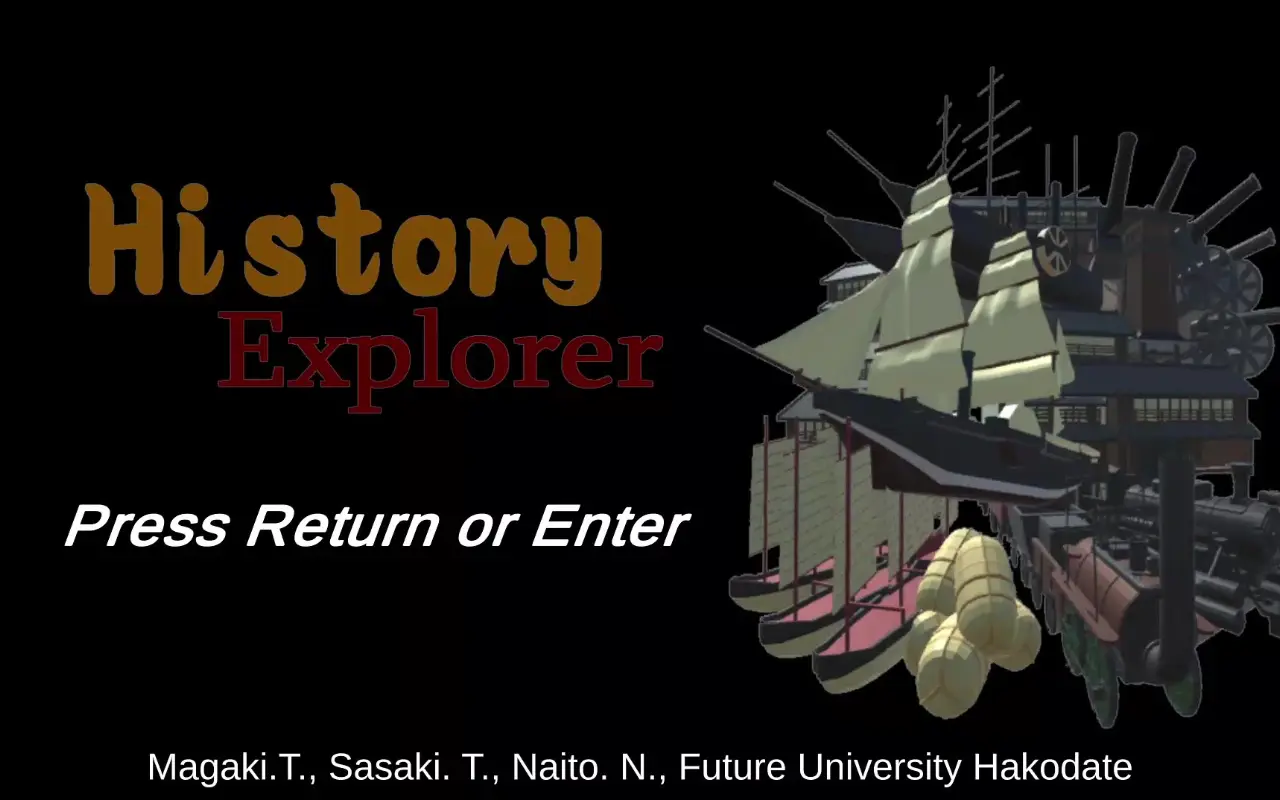
Maze (2016)
Maze is a game that is the first work to be made by Unity that navigates a ball to the goal using an acceleration sensor and the maze is auto-generated.
- Magaki, T. & Vallance, M. (2020). Seeking Accessible Physiological Metrics to Detect Cybersickness in VR, International Journal of Virtual and Augmented Reality (IJVAR) Vol. 4, No. 1, pp. 1-18. Available online.
- Magaki, T & Vallance, M. (2019). Real-time Monitoring Method for Cybersickness using Physiological Signals. In Proceedings of VRST '19: 25th ACM Symposium on Virtual Reality Software and Technology (VRST '19), November 12-15, 2019, Parramatta, NSW, Australia. ACM, New York, NY, USA, 2 pages. Available online.
- Magaki, T. & Vallance, M. (2019). Real-time Forecasting of Cybersickness. The 24th Annual Conference of the Virtual Reality Society of Japan. The University of Tokyo, 11 - 13 Sept., 2019. Paper 4C-02 Available online.
- Magaki, T. & Vallance, M. (2019). Developing an accessible evaluation method of VR cybersickness. Conference on Virtual Reality and 3D User Interfaces, IEEE VR 2019 Posters, March 23-27, Osaka, Japan. Available online.
- Magaki, T. & Vallance, M. (2017). Measuring Reduction Methods for VR Sickness in Virtual Environments. International Journal of Virtual and Personal Learning Environments (IJVPLE), Vol. 7 (2). pp. 27-43. Available online.
- Vallance, M., Magaki, T. & Kurashige, Y. (2020). Determining the Efficacy of Virtual Reality through Experientiality and Biometrics, 6th International Conference of the Immersive Learning Research Network (iLRN 2020) Online, June 21-25, 2020. pp. 344 - 347. ISBN 978-1-7348995.
- Vallance, M. Magaki, T. Kurashige, Y & Johnson, L. (2019). SolarVR for inter-cognitive and intra-cognitive communication. In Proceedings of VRST '19: 25th ACM Symposium on Virtual Reality Software and Technology (VRST '19), November 12-15, 2019, Parramatta, NSW, Australia. ACM, New York, NY, USA, 2 pages. Available online.
- Vallance, M., Kurashige, Y. & Magaki, T. (2018). Fukushima Nuclear Plant as a Synthetic Learning Environment. SIGGRAPH Asia, SA '18 Posters, December 04-07, 2018, Tokyo, Japan ACM 978-1-4503-6063-0/18/12. Available online.
- Vallance, M., Kurashige, Y. & Magaki, T. (2019). Creative learning in VR: an antidisciplinary approach. Conference on Virtual Reality and 3D User Interfaces, IEEE VR 2019 Videos, March 23-27, Osaka, Japan. Available online.
- Vallance, M., Magaki, T. & Sasaki, T. (2018). Inter-cognitive communication for immersive virtual education: four robot solutions. In Proceedings of EdMedia: World Conference on Educational Media and Technology (pp. 1591-1597). Amsterdam, Netherlands: Association for the Advancement of Computing in Education (AACE). Retrieved July 12, 2018. Available online.
- Vallance, M., Kurashige, Y., Sasaki, T. & Magaki, T. (2017). Development of a Synthetic Learning Environment in the Antidisciplinary Space. In Proceedings of The 11th European Conference on Game-Based Learning ECGBL 2017, The FH JOANNEUM University of Applied Science, Graz, Austria, 4 - 6 October, 2017. pp. 705 - 714. ISBN: 978-1-911218-57-9
- Sasaki, T., Vallance, M., Magaki, T., Naito, N., Sumi, K., Bagenda Kasujja, D. and Tsubakimoto, M. (2017). Japanese History Explorer With Nozomi-chan for Elementary School Children. In Proceedings of The 11th European Conference on Game-Based Learning ECGBL 2017, The FH JOANNEUM University of Applied Science, Graz, Austria, 4 - 6 October, 2017. pp. 562 - 570. ISBN: 978-1-911218-57-9
- Vallance, M., Kurashige, Y., Sasaki, T. & Magaki, T. (2017). Who needs experts? Students designing a Synthetic Learning Environment of the Fukushima nuclear power plant. In J. Johnston (Ed.), Proceedings of EdMedia 2017 (pp. 1223-1228). Washington, DC: Association for the Advancement of Computing in Education (AACE). Retrieved August 16, 2017. Available online.
